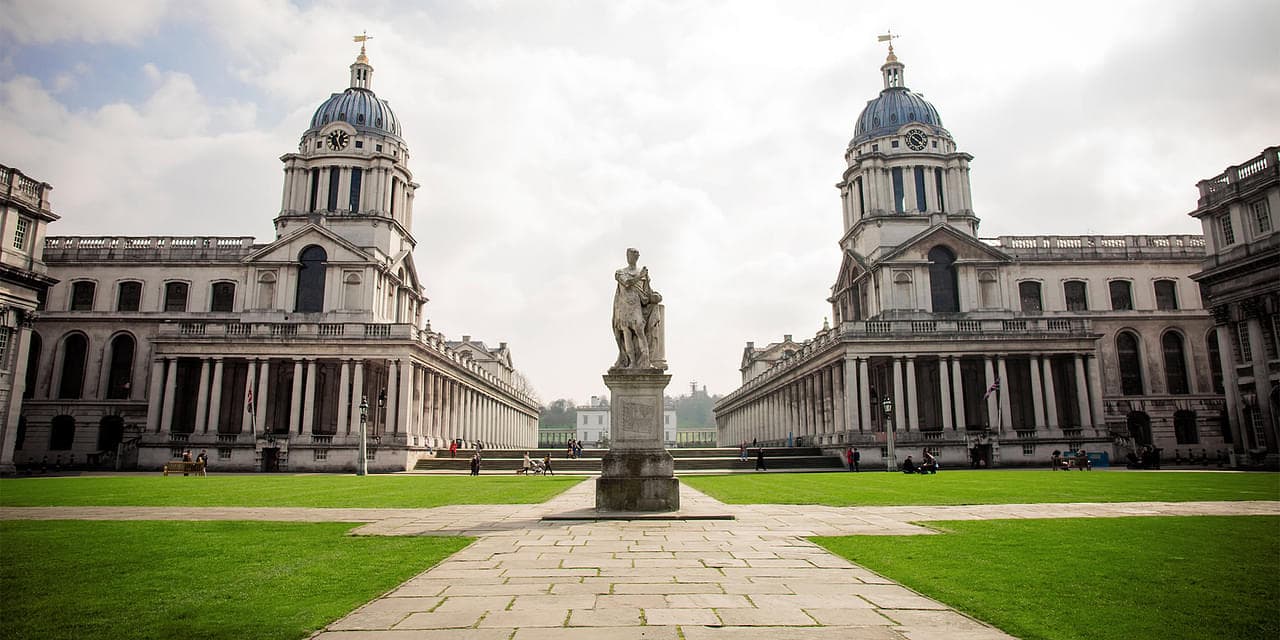BA Hons Film Studies at University of Greenwich
London, United Kingdom
- Tuition Fee £ 17,500
- Country Rank-
- Duration36 Months
- Score IELTS: 6 TOEFL: 60
Program Overview
This film studies degree will help you view film from a different perspective. You'll study film history, understanding its broad social and cultural contexts to develop skills in critical analysis. You'll also learn about camera techniques and editing processes to shape your understanding of the medium.
The film and media industries are not just about production and post-production, but also roles in scriptwriting, marketing, distribution, historical research and archival work, education, organising live events, and studying audiences and identifying target markets for forthcoming media releases. Our degree prepares you for these career opportunities, as well as further study.
Cost Of Studying At University of Greenwich
Interest rates as low as 8.9% *
250K+
Students Assisted
800Cr+
Loan Amount Disbursed
5000+
Loans Sanctioned
